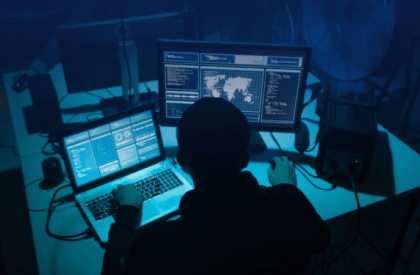More work needed to improve public access to UPC patent case documents

By Patrick Oliver, Executive Director of IP2Innovate
Last month a law firm submitted a request for documents under rule 262.1 (b) of the UPC Rules of Procedure, which ensures that written pleadings and evidence in patent litigation proceedings are available to the public “upon reasoned request.” The firm is calling on the central division of the Unified Patent Court in Munich to make available all written pleadings and evidence for a pending case in the court.
The aim of the law firm, Mathys & Squire, is to establish a clear and consistent path for the public to access these documents in the future. IP2Innovate fully supports this initiative. We have been campaigning for more transparency in patent litigation for many years, and welcomed the improvement to the status quo that the UPC’s rules promised.
We support the consistent availability of non-confidential pleadings and evidence to bring more transparency to the UPC. The Court deserves praise for its efforts to date to instil transparency in patent infringement cases, through the availability of case information along with decisions and orders. It goes much further in this direction than national patent courts.
However, as things stand there is no consensus among UPC divisions on what it means to be a “reasoned request” under the UPC’s rules that would allow documents to be shared with a third party. This needs to be corrected. Europe’s innovators need a more uniform line in matters of transparency.
The lack of full transparency makes it particularly difficult for parties to be aware of the litigation history of a patent, something that is critical for those who are trying to assess its potential relevance. It’s a problem for companies of all sizes but especially small and medium size enterprises with small or non-existent in-house legal teams.
In addition to ensuring that the public’s interest in transparency of patent litigation proceedings satisfies the “reasoned request” set forth in its rules, the UPC can and should go further. We would like to see much shorter delays in sharing information about cases online, and improved search features to make it easier to learn about developments in the court.
With the creation of a Europe-wide patent jurisdiction, the potential benefits are great, as are the risks to firms from opportunistic patent attacks. So likewise, the need for increased transparency in all divisions of the UPC is also much greater. We applaud the effort to encourage these improvements.
Other blogs

Patent abuse hurts European SMEs and undermines the knowledge transfer process

Prof. Sikorski’s latest paper: IPRED needs targeted reforms to strengthen the principle of proportionality in patent litigation

